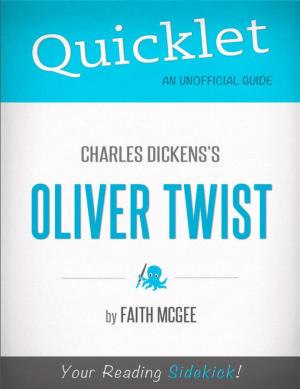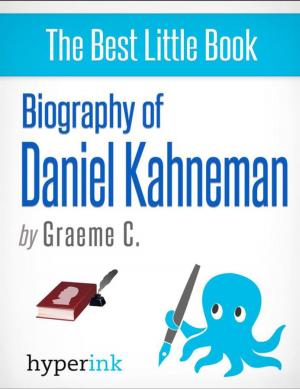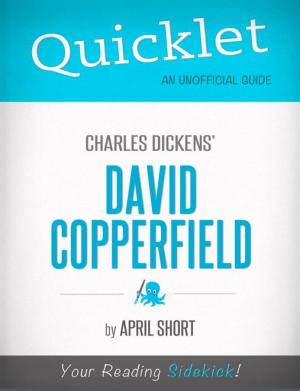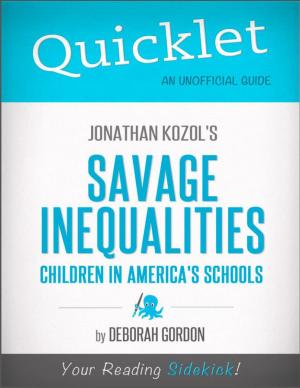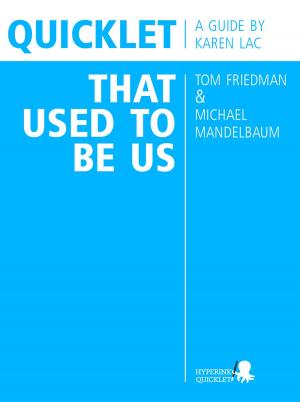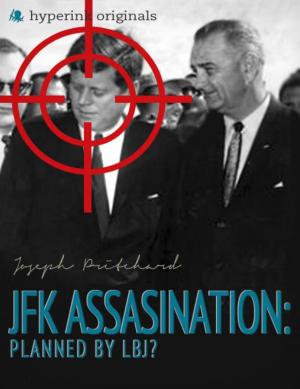| Author: | Steven Needham | ISBN: | 9781614648208 |
| Publisher: | Hyperink | Publication: | March 4, 2012 |
| Imprint: | Hyperink | Language: | English |
| Author: | Steven Needham |
| ISBN: | 9781614648208 |
| Publisher: | Hyperink |
| Publication: | March 4, 2012 |
| Imprint: | Hyperink |
| Language: | English |
ABOUT THE BOOK
Walt Whitman is considered one of the most important poets in American history. Whitman is known as the father of free verse, because his poetry was a palpable blend of words and feeling which flowed freely from his pen.
His style changed forever the nature of American literature. Whitman was a humanist, who ascribed to schools of both realism and transcendentalism. His poems had a wonderfully natural feel that celebrated humanity it its purest form. Whitman's most famous work was a collection of poems, "Leaves of Grass," which he paid to have published multiple times throughout his life. Considered by many to be the quintessential American poet, Walt Whitman challenged the ideals of American culture and inspired others to do the same.
Whitman lived during one of the most tumultuous periods in American history, a time marred by conflict and bloodshed. Although he was never a soldier, he saw first hand the pain and suffering that took place during the American Civil War. After the assassination of President Lincoln shocked the nation, Whitman wrote a poem in honor of the fallen leader titled, "When Lilacs Last in the Dooryard Bloom'd." During his life, Whitman also worked as a journalist, a civil servant and a teacher, but his true passion was his poetry. Whitman was a perfectionist who continued to revise his masterpiece, "Leaves of Grass," until his death in 1892, and left a legacy like no other.
EXCERPT FROM THE BOOK
Walt Whitman was always close to his family, and helped his brothers whenever he could. His brother, George, fought for the Union army during the Civil War, and kept in touch with Whitman through his letters. When the letters stopped arriving, Whitman feared that George had been injured or killed in battle, and he immediately left for the southern United States on foot. Unbelievably, he located his brother and was relieved to find that George had sustained only superficial injuries. Whitman also had the difficult task of committing his brother, Jesse, to the Kings County Lunatic Asylum.
Walt Whitman's romantic life has been the topic of much scholarly inquiry over the years. Whitman was never married, and had no children that we know of. However, the fact that his poetry is rife with allusions to sexual desire caused many scholars to seek out answers about the poet's own sexuality.
Many Whitman scholars believe that the writer was either homosexual or bisexual, although there is no definitive evidence of his sexual relationships. One of the men with whom Whitman shared a lasting friendship was Peter Doyle, a bus conductor that many people believe was Whitman's lover.
Buy a copy to keep reading!
CHAPTER OUTLINE
Biography of Walt Whitman
+ Introduction
+ Early Life
+ Major Accomplishments
+ Personal Life
+ ...and much more
ABOUT THE BOOK
Walt Whitman is considered one of the most important poets in American history. Whitman is known as the father of free verse, because his poetry was a palpable blend of words and feeling which flowed freely from his pen.
His style changed forever the nature of American literature. Whitman was a humanist, who ascribed to schools of both realism and transcendentalism. His poems had a wonderfully natural feel that celebrated humanity it its purest form. Whitman's most famous work was a collection of poems, "Leaves of Grass," which he paid to have published multiple times throughout his life. Considered by many to be the quintessential American poet, Walt Whitman challenged the ideals of American culture and inspired others to do the same.
Whitman lived during one of the most tumultuous periods in American history, a time marred by conflict and bloodshed. Although he was never a soldier, he saw first hand the pain and suffering that took place during the American Civil War. After the assassination of President Lincoln shocked the nation, Whitman wrote a poem in honor of the fallen leader titled, "When Lilacs Last in the Dooryard Bloom'd." During his life, Whitman also worked as a journalist, a civil servant and a teacher, but his true passion was his poetry. Whitman was a perfectionist who continued to revise his masterpiece, "Leaves of Grass," until his death in 1892, and left a legacy like no other.
EXCERPT FROM THE BOOK
Walt Whitman was always close to his family, and helped his brothers whenever he could. His brother, George, fought for the Union army during the Civil War, and kept in touch with Whitman through his letters. When the letters stopped arriving, Whitman feared that George had been injured or killed in battle, and he immediately left for the southern United States on foot. Unbelievably, he located his brother and was relieved to find that George had sustained only superficial injuries. Whitman also had the difficult task of committing his brother, Jesse, to the Kings County Lunatic Asylum.
Walt Whitman's romantic life has been the topic of much scholarly inquiry over the years. Whitman was never married, and had no children that we know of. However, the fact that his poetry is rife with allusions to sexual desire caused many scholars to seek out answers about the poet's own sexuality.
Many Whitman scholars believe that the writer was either homosexual or bisexual, although there is no definitive evidence of his sexual relationships. One of the men with whom Whitman shared a lasting friendship was Peter Doyle, a bus conductor that many people believe was Whitman's lover.
Buy a copy to keep reading!
CHAPTER OUTLINE
Biography of Walt Whitman
+ Introduction
+ Early Life
+ Major Accomplishments
+ Personal Life
+ ...and much more


